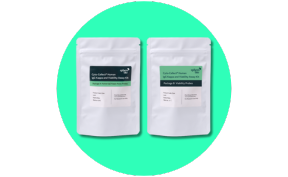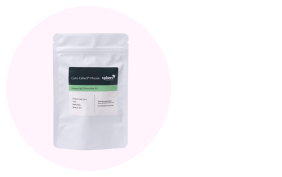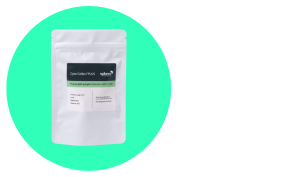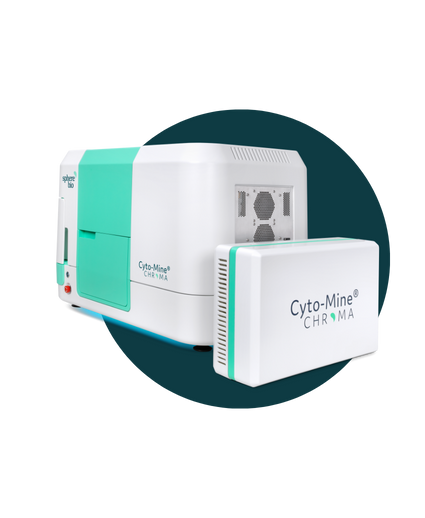Plant Cell Analysis with Microfluidics: High-Throughput Screening of Single Plant Cells
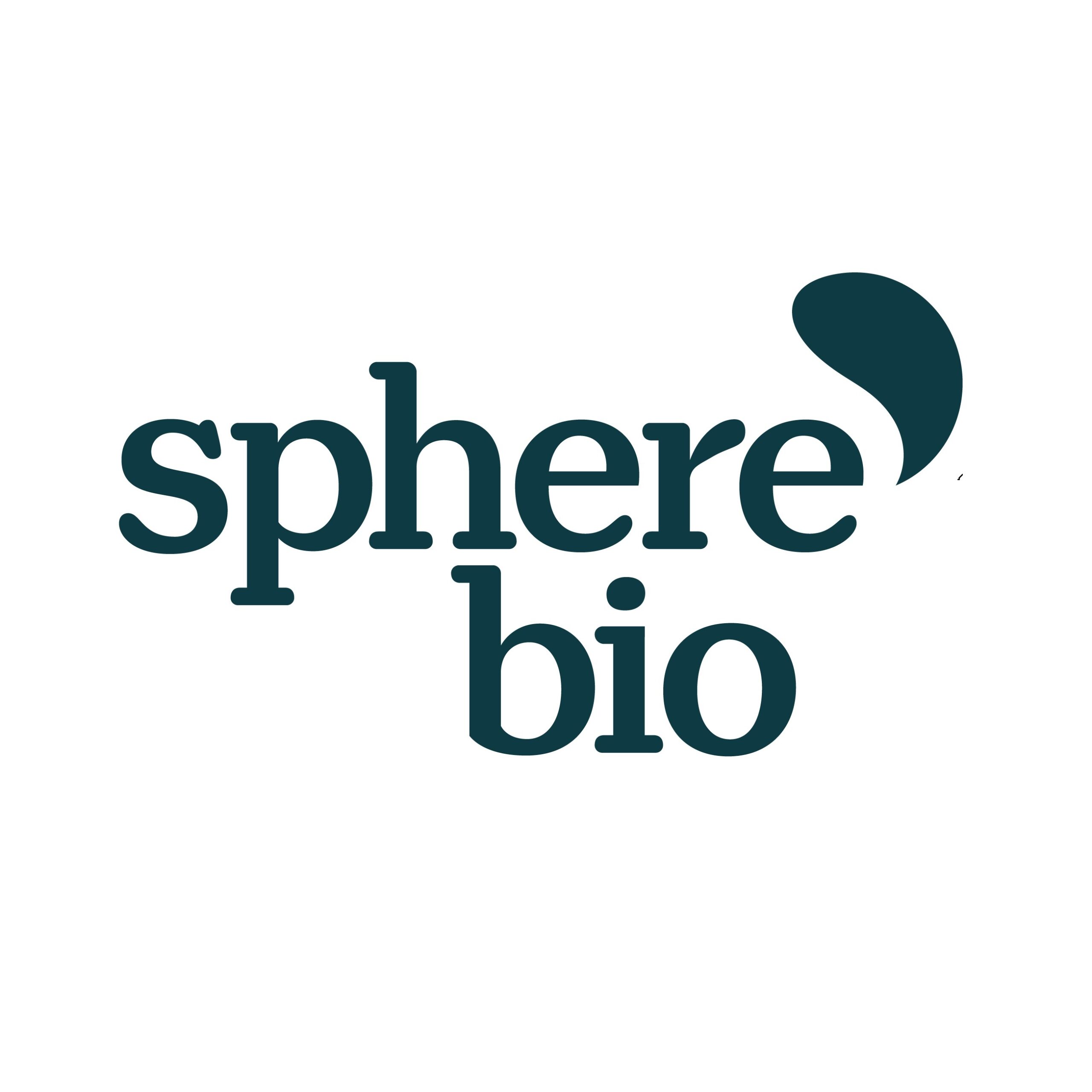
Summary
Learn how high-throughput microfluidic technology enables single-cell analysis and sorting of plant cells at scale, advancing plant biotechnology research. This study introduces a novel droplet-based platform that can encapsulate and analyze over 100,000 plant protoplasts per hour, quantifying gene expression responses and enabling the selection of transgenic cells based on fluorescence. This approach has vast potential for genetic research, allowing efficient screening of plant phenotypes and synthetic circuits with minimal plant material.
Research highlights
- Study Title: Droplet-based microfluidic analysis and screening of single plant cells
- Authors: Yu Z, Boehm CR, Hibberd JM, Abell C, Haseloff J, Burgess SJ, et al.
- Published In: PLOS One, 2018
- DOI: 10.1371/journal.pone.0196810
Key findings
- Droplet-based encapsulation: Encapsulation and sorting of individual protoplasts from plant model Marchantia polymorpha
- Real-time fluorescence analysis: Measures gene expression under different environmental conditions
- High-throughput capability: Processes over 100,000 cells per hour with precision sorting
The Next Generation: Cyto-Mine® Chroma
Automate. Accelerate. Analyze millions of cells in a single day.
Think Cyto-Mine®, but supercharged, enabling multiplexing and greater assay flexibility to fit your needs. It means that you can examine vastly greater numbers of cells — and isolate the most valuable ones— with unparalleled precision.
